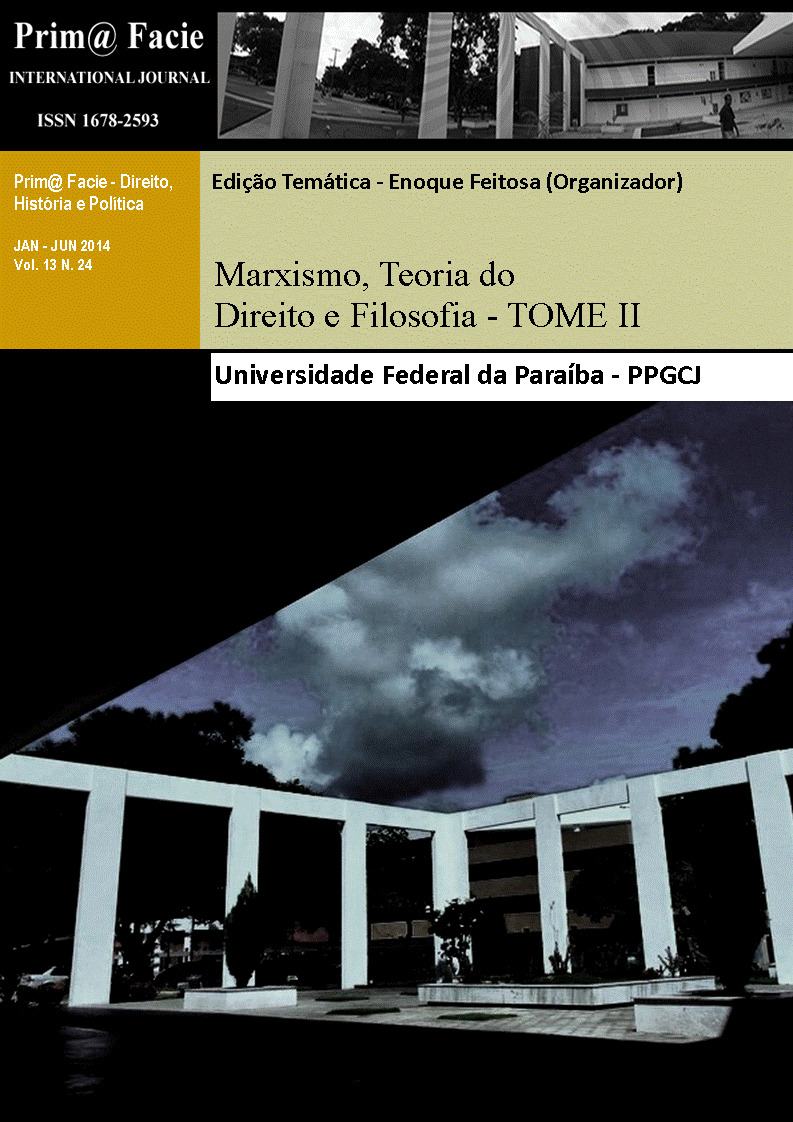Human Rights, Integration and Intercultural Dialogue in Academic Partnership: Brazil and Mozambique
Abstract
The present economical process of integration and complementarity in the world, although not quite recent, have been calling the attention of international community in the sense of creation of economic blocs that try to achieve not only market goals but also the creation of a better relationship between emerging economies and countries with a global economy. In that sense, it’s possible to observe integration efforts such as the one between our country and others in Latin America (MERCOSUL), emerging economies (BRICS) and the community of countries with Portuguese language, whose academic expression is AULP – Associação das Universidades de Língua Portuguesa (or University’s of Portuguese Language Association). The consolidation of this integration, in what concerns the academic field, passes through the formation of nets that not only allow the exchange of experience but also that better prepare of teachers and students through the mobility of both, wich permits the circulation of juridical ideas and academic production with no hegemonical intentions, but fundamentally trying to increase the proximity between Brazil and one of the most important people that formed the Brazilian population, African descendants from three major groups: a) Sudanese b) the ones that represent Islamic culture and c) the ones that came from what is now known as Angola and from the counter coast that corresponds to the territory of Mozambique. This proximity has a strong historical character and moves towards the fight against exclusion and the stimulation of citizenship in both countries. Today it’s about the deepening of new forms of cooperation. So, this paper intends to examine and advance the consolidation of dialogue on the juridical field exchanging experience and perfecting of theory and practice of juridical knowledge, approximating Brazil’s superior education institutions to the reality of African people, where there is very little dialogue. Both Africa and Latin America should constitute themselves in a privileged field of both economical and academical privilege. The process of integration that this paper intends to discuss might be viable through a theory of human rights with no hegemonic intention that searches to establish this dialogue between the Brazilian experience and the Mozambican in what concerns the construction of substantial democracies, something possible in a dialogical environment that have the perspective of human rights achievement not only as formal guarantees, but as a policy that might contribute to the improvement of people, and also deviating from prescriptive intentions, minding a realistic focus of examining the law in each society and not trying to teach other cultures how their law “should be”.Downloads
Download data is not yet available.
Downloads
Published
2015-12-23
How to Cite
FEITOSA, E. Human Rights, Integration and Intercultural Dialogue in Academic Partnership: Brazil and Mozambique. Prim@ Facie - Law, History and Politics, [S. l.], v. 13, n. 24, p. 01–14, 2015. Disponível em: https://periodicos.ufpb.br/ojs/index.php/primafacie/article/view/27103. Acesso em: 20 dec. 2024.
Issue
Section
Corpus


